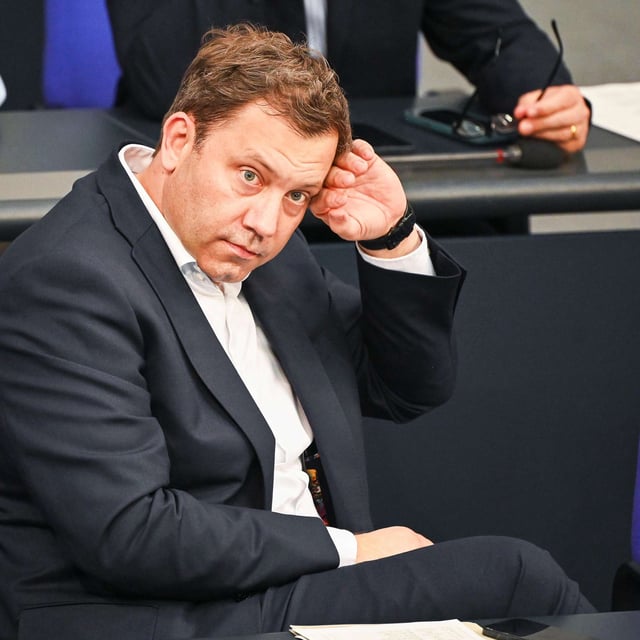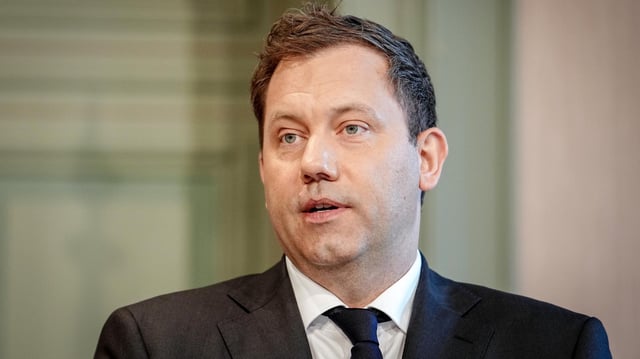Overview
- In a ZDF interview, the finance minister said he would take no option off the table to close an estimated €30 billion gap in 2027 and roughly €172 billion through 2029.
- Kanzleramtsminister Thorsten Frei and Unionsfraktionschef Jens Spahn dismissed higher taxes, invoking the coalition agreement and urging savings in areas such as Bürgergeld, migration, personnel and development aid.
- SPD parliamentary manager Dirk Wiese backed financing relief for lower and middle incomes by asking very high earners to contribute more if required.
- Business groups and opposition figures, including the ZDH and the FDP, warned that new levies would hurt investment and pressed the government to identify spending cuts first.
- Klingbeil also announced a major savings drive, directing all ministries to propose cuts, and he blamed CSU‑backed steps like the expanded Mütterrente, reduced restaurant VAT and agrardiesel subsidies for widening the gap.



